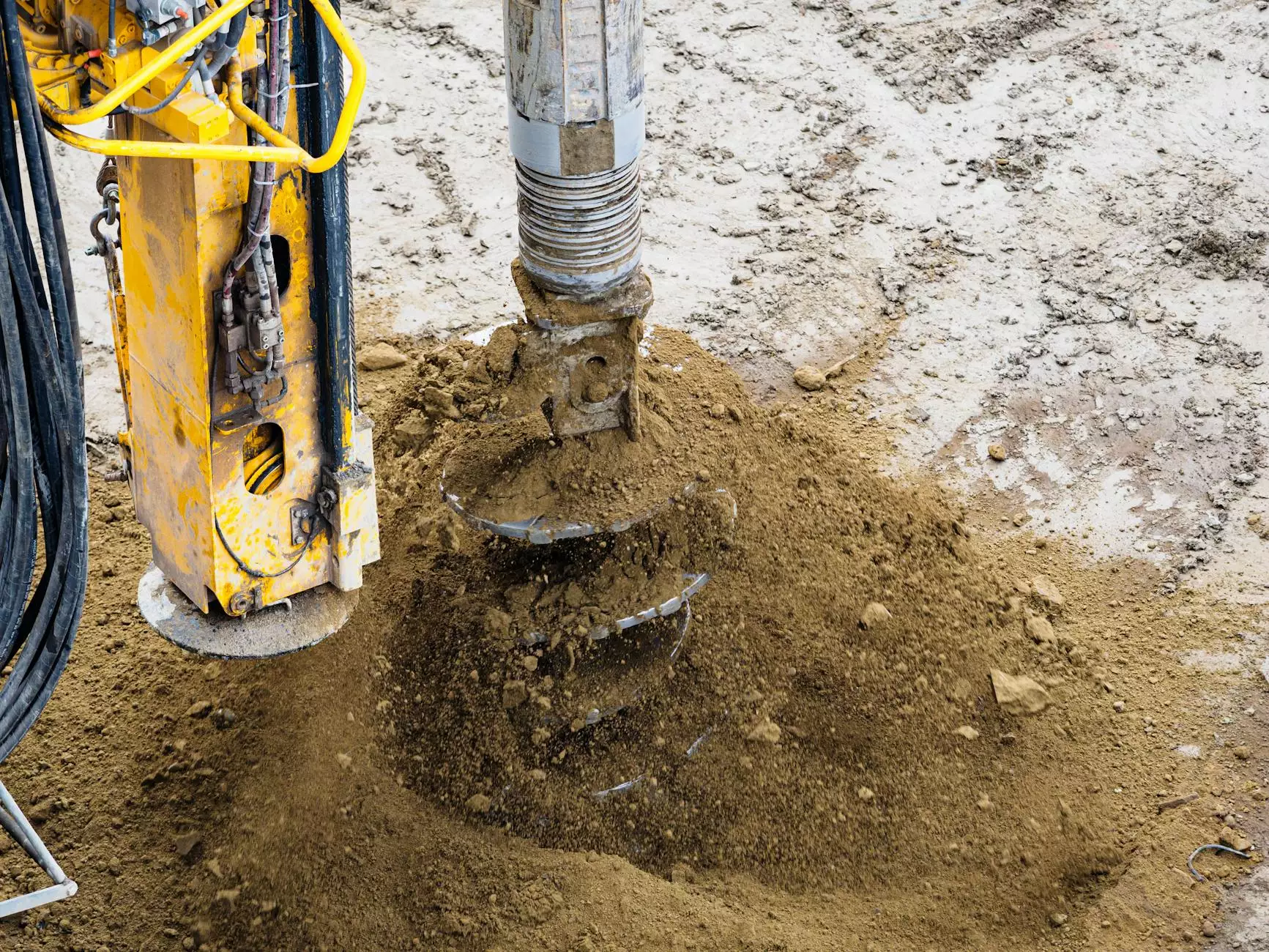Nebulizer vs Oxygen Concentrator: Understanding the Key Differences

In today's health-conscious world, the need for effective respiratory support systems has become crucial. For individuals with respiratory ailments, two essential devices come into play: the nebulizer and the oxygen concentrator. While both devices assist in improving breathing, they operate on different principles and serve different purposes. This article aims to provide a comprehensive comparison of nebulizers vs oxygen concentrators, aiding in informed decision-making for patients and caregivers alike.
What is a Nebulizer?
A nebulizer is a device that converts liquid medication into a mist, making it easier to inhale directly into the lungs. It is commonly used for patients with conditions such as asthma, chronic obstructive pulmonary disease (COPD), or other respiratory issues. Here are some essential points about nebulizers:
- Medication Delivery: Nebulizers are primarily used to deliver bronchodilators, steroids, and other medications that help open the airways.
- Types of Nebulizers: There are two main types of nebulizers: jet (or pneumatic) nebulizers and ultrasonic nebulizers.
- Usage: They are particularly beneficial during acute asthma attacks or for patients who have difficulty using inhalers.
- Time to Administer: Nebulization usually takes 10 to 20 minutes, depending on the medication used.
What is an Oxygen Concentrator?
An oxygen concentrator is a medical device that concentrates oxygen from the ambient air, delivering a higher percentage of oxygen to individuals suffering from chronic respiratory conditions. Here are key features:
- Oxygen Supply: Oxygen concentrators provide a steady supply of oxygen to patients who have low blood oxygen levels, often due to chronic illnesses.
- Types of Concentrators: They come in two main types: stationary and portable, catering to different lifestyles and mobility needs.
- Continuous and Pulsed Dose: Some models deliver oxygen continuously, while others provide it in pulses when the patient inhales.
- Maintenance: Oxygen concentrators require regular maintenance to ensure optimal performance and safety.
Key Differences Between Nebulizers and Oxygen Concentrators
While both devices aid in respiratory health, they have distinct functionalities and indications for use. The differences are summarized below:
Functionality
The primary difference lies in their functionality:
- Nebulizers: Deliver liquid medication in aerosol form for direct inhalation.
- Oxygen Concentrators: Deliver concentrated oxygen for patients requiring supplemental oxygen therapy.
Indications for Use
Understanding the medical conditions each device is used for is crucial:
- Nebulizers: Best suited for patients experiencing breathing difficulties due to asthma, COPD, or similar conditions requiring medication.
- Oxygen Concentrators: Indicated for patients with chronic lung diseases, hypoxemia, or any condition that leads to low oxygen levels in the blood.
Types of Medications vs. Oxygen
Another critical difference lies in what each device administers:
- Nebulizers: Atomize medications, such as bronchodilators, corticosteroids, and mucolytics.
- Oxygen Concentrators: Provide oxygen, typically with a concentration level of up to 95%, depending on the model and configuration.
When to Use Each Device
Correct usage of these devices can greatly improve patient outcomes. Here are scenarios to consider:
When to Use a Nebulizer
Patients experiencing:
- Asthma attacks or worsening asthma symptoms
- Shortness of breath requiring immediate medication
- Need for medication that cannot be effectively inhaled through standard inhalers
When to Use an Oxygen Concentrator
Use an oxygen concentrator if you exhibit:
- Low blood oxygen levels, confirmed through medical testing
- Chronic respiratory diseases that lead to long-term low oxygen saturation
- Need for continuous or high-level oxygen supply
Benefits of Using a Nebulizer
The benefits of nebulizers include:
- Ease of Use: Particularly beneficial for young children or elderly patients with difficulty using inhalers.
- Full Dose Delivery: Ensures medication is delivered effectively to the lungs without loss during inhalation.
- Quick Relief: Fast-acting relief for acute symptoms such as wheezing and shortness of breath.
Benefits of Using an Oxygen Concentrator
Advantages of using oxygen concentrators include:
- Provides Continuous Oxygen Supply: Ensures that patients with chronic respiratory issues have a steady oxygen supply.
- Increased Mobility: Portable models allow patients to maintain an active lifestyle.
- Cost-Effective: Compared to traditional oxygen tanks, concentrators offer a more sustainable and economical solution.
Choosing the Right Device for Your Needs
When deciding between a nebulizer and an oxygen concentrator, consider the following:
Consulting Healthcare Professionals
Always consult with a healthcare provider to determine the most appropriate device based on individual health needs. They will evaluate:
- Your medical history and current medications
- Your lung function and oxygen saturation levels
- The frequency and severity of respiratory symptoms
Understanding Lifestyle Requirements
Your daily routine will also influence your choice. Consider:
- Mobility: Choose portable monitors if you’re frequently on the go.
- Ease of use: Select devices that suit your comfort level and capability to manage treatments.
Costs and Insurance Coverage
Evaluate the cost implications of both devices. Factors include:
- Initial purchase or rental costs
- Insurance coverage for equipment and medications
- Long-term maintenance and supplementary supplies
Conclusion: Making the Informed Choice
In summary, understanding the difference between a nebulizer and an oxygen concentrator is vital for individuals suffering from respiratory conditions. Each device plays a unique role in managing health and improving the quality of life. Armed with this knowledge, you can confidently explore your options, consult with your healthcare provider, and make the best decision for your respiratory health. For more information on home health care solutions, visit raaroxy.com.
nebulizer vs oxygen concentrator








